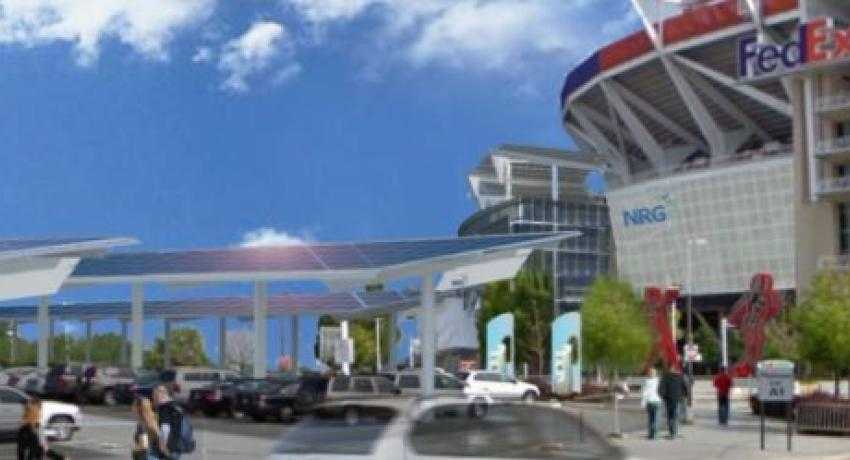NRG demonstrates utility evolution toward solar power
As most major US utility companies, in their concern over self-preservation, try in vain to squash net metering programs and slow the growth of the solar industry, NRG is innovating and evolving.
NRG is not a cute little clean energy startup out to save the world. It’s the largest power generator in the country. In addition to directly serving electricity customers coast to coast, NRG is a major electricity wholesaler, providing power to other utility companies for a price.
If any utility should be worried about grid defection, it should probably be NRG. As utility customers quit relying on the grid, NRG’s utility customers will quit buying wholesale power. And then its hundreds of thousands of direct customers will have less and less need for the product NRG provides.
Fortunately, the company stands as a gleaming example to other investor-owned utility companies of how to evolve and survive.
First, NRG CEO David Crane has acknowledged the potential solar energy has and the threat it poses to his industry.
Crane recently made a statement that he believes solar power will be cost-competitive with grid electricity across half the country within a year.
Rather than support legislation to cut net metering benefits, Crane is trying to get a piece of the pie for NRG.
As homeowners with solar panels buy electric cars and can store their own power, Crane sees a bleak future for utility companies that don’t evolve.
Looking forward, NRG launched its own rooftop solar installation business years ago and announced earlier this year that it acquired Roof Diagnostics Solar, the eighth largest residential solar installer in the country.
But NRG isn’t just installing the solar panels anymore. The company is working on ways to provide storage solutions. Beyond batteries, NRG is looking at using its gas lines to provide fuel cells and power microturbines that could supplement rooftop solar. Those solutions would serve customers who want onsite generation and to reduce their dependence on the grid.
Ad grid defection becomes more affordable and more philosophically understandable, NRG realizes it will have to transform with the times in order to remain relevant to customers.
The company has gone beyond making advantageous business moves to making moves that turn it into an industry leader. And even though NRG still has 13 GW of coal-fired electricity generation in its portfolio (compared to 1.2 GW of solar), it is emerging as the US utility with the greenest reputation.




